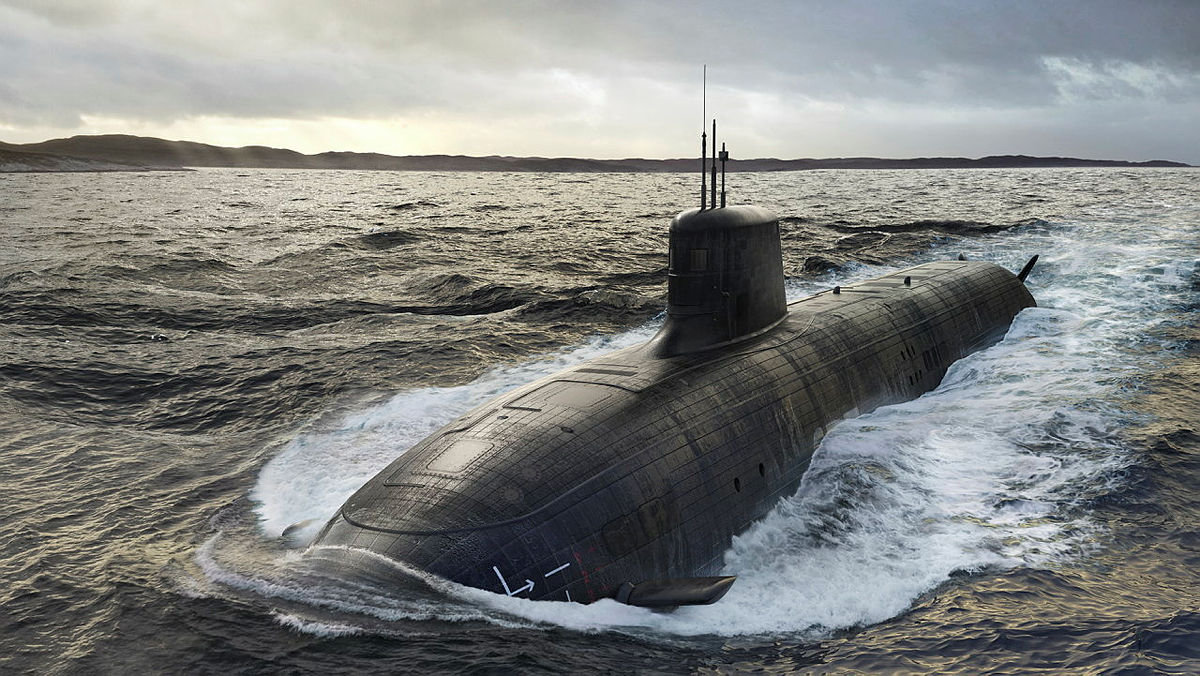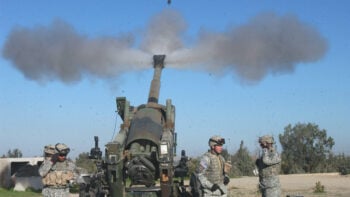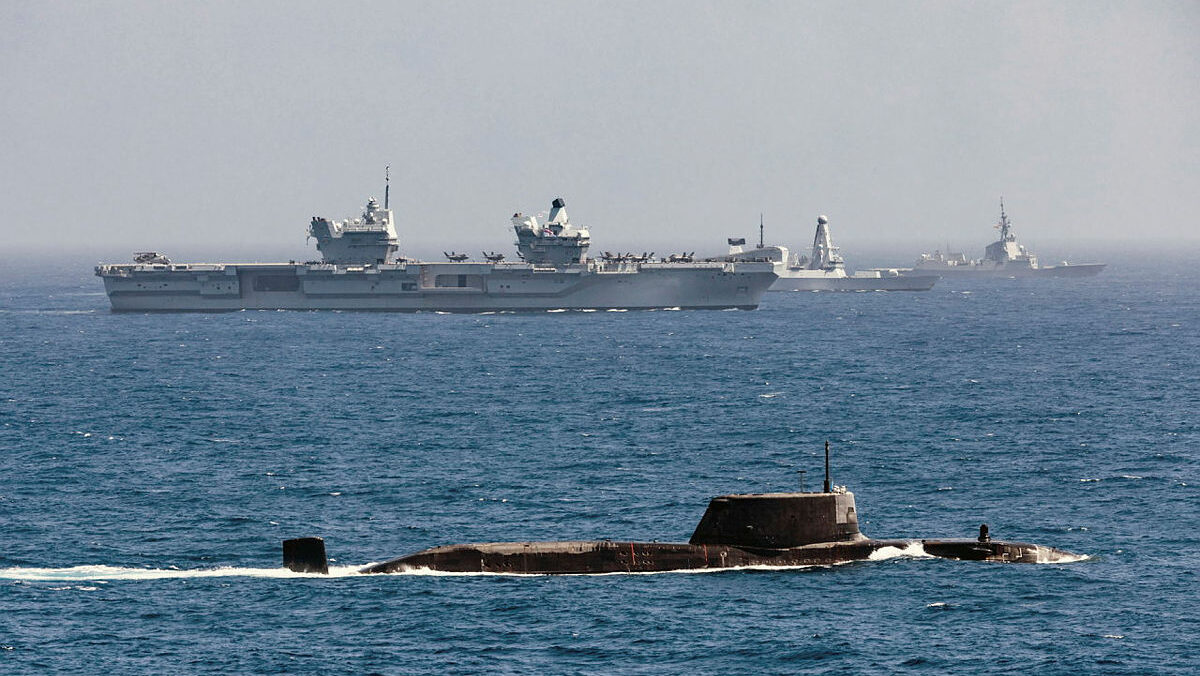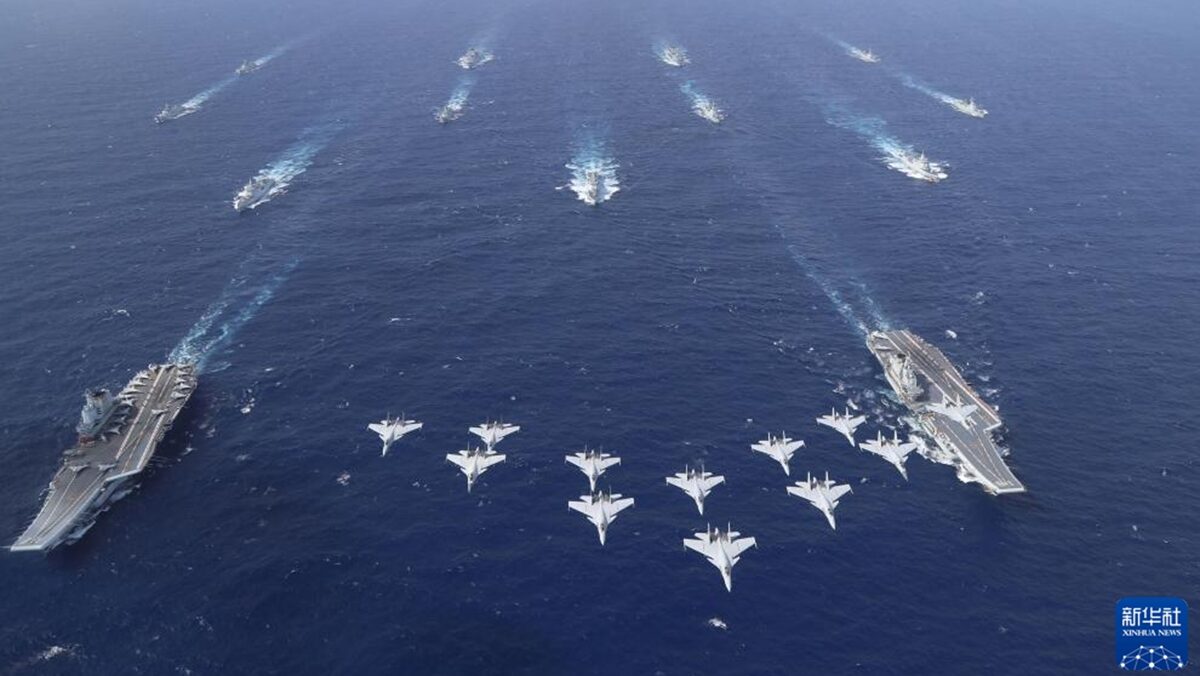
Australia invests $2.75 billion in AUKUS submarine yard
"South Australia is at the centre of one of the most significant defence undertakings in our history," Premier of South Australia Peter Malinauskas said in a press release.

"South Australia is at the centre of one of the most significant defence undertakings in our history," Premier of South Australia Peter Malinauskas said in a press release.

China will almost certainly dominate the defense and security headlines in the coming months, as tensions continue to simmer in the South China Sea and around Taiwan.

China was once again at the forefront of Indo-Pacific news in 2025.

“The reviews are done. It's time to deliver,” said John Healey, the UK’s Secretary of State for Defense.

One Lockheed executive argued the company has scores of workers available for the job after a different sub program was scrapped in favor of the American boats.

BAE Systems, Raytheon Australia, General Dynamics Mission Systems and Thales said they would work collaboratively to design a tri-national command system as a "shared solution for Australia and the UK which builds on General Dynamics' existing AN/BYG-1 system" used by the US.

The prospect of South Korea building its submarines in the United States would raise a litany of questions for the American maritime industrial base.

Navy Secretary John Phelan said the ongoing review is designed to make the original deal “better," to clear up some of the “ambiguity” and be a “win-win for everybody.”

DoD's John Noh appeared before lawmakers, as they voiced concerns over America's Indo-Pacific stance.

More broadly Australian Deputy Prime Minister and Defence Minister Richard Marles pledged to continue to increase defence spending to record levels to deliver the capabilities Australia needs.

The “cancellation of this dialogue is disappointing and counterproductive for alliance interests,” Rory Medcalf, head of the Australian National University’s National Security College, said. “It is in the interests of both countries that such dialogues resume as soon as possible.”

“There's a schedule of payments to be made. We have an agreement with the United States as well as with the United Kingdom, it is about increasing their capacity, their industrial capacity,” Australian Prime Minister Anthony Albanese said.

"As the geopolitical landscape rapidly shifts, half the population (51%) say Australia should increase defence spending, while a minority (37%) say spending should remain at about the same level as now. Majority support for acquiring nuclear-powered submarines under AUKUS has held firm (67%)," a Lowy Institute poll on national security issue found last month.

“While there is some risk and mixed signals from the Trump [administration], especially on the issue of US willingness to transfer Virginia-class subs to Australia, there is a potential upside if this review drives a more coherent US approach and cost/benefit approach towards AUKUS," analyst Euan Graham told Breaking Defense.